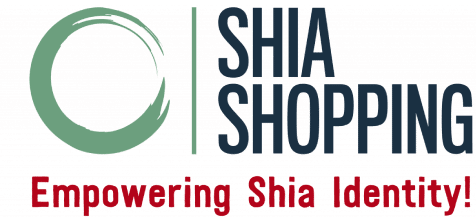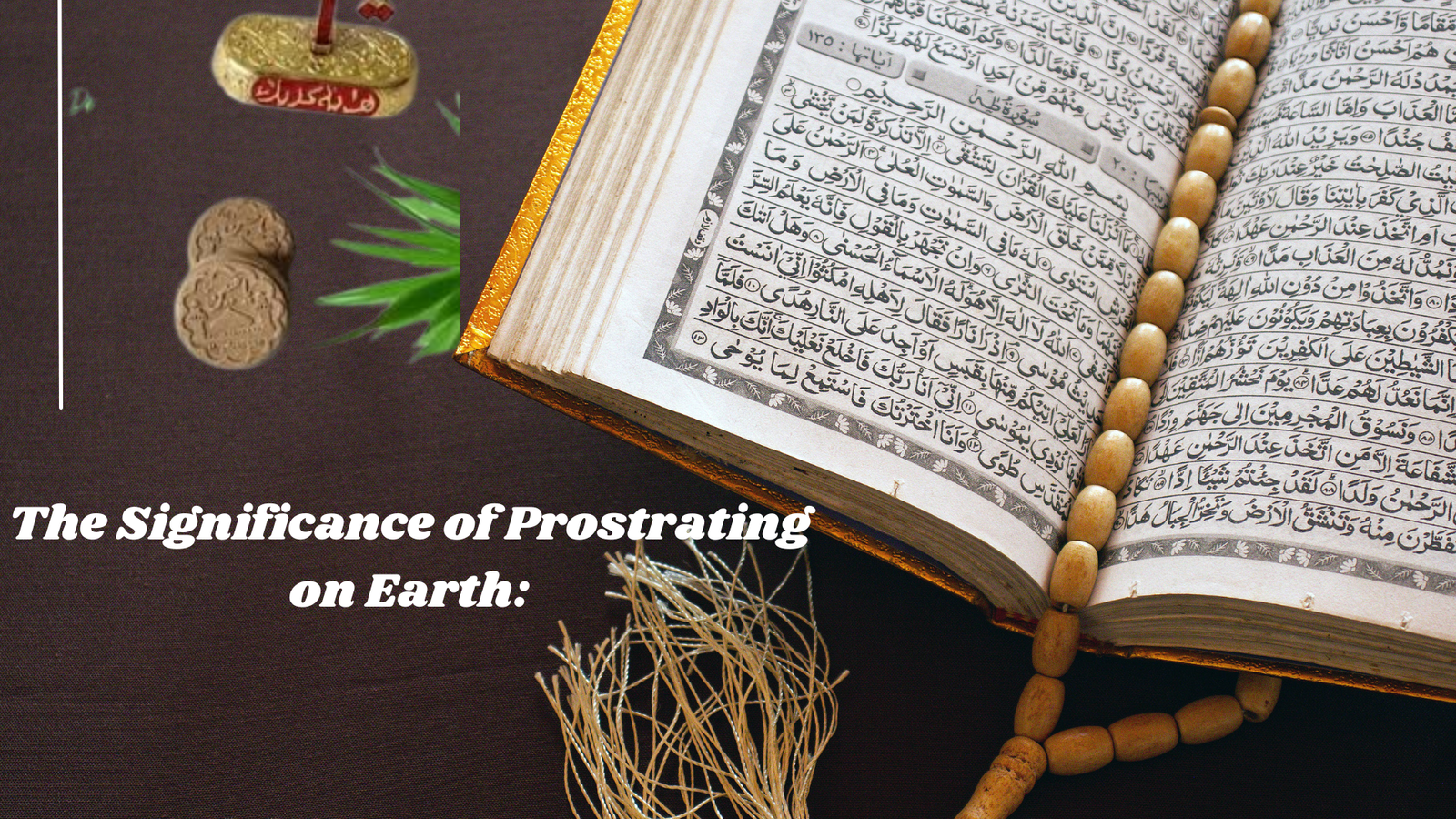The turbah: A Symbol of Humility and Connection
In Shia Islam, the act of prostration, or “sujood,” during prayers holds immense spiritual significance. Unlike some other Islamic traditions where prostration may be performed directly on a prayer rug or mat, Shia Muslims prostrate on a small clay tablet known as a “turbah” or “mohr.” This distinctive practice is deeply intertwined with theological, historical, and symbolic meanings, reflecting the core values of Shia belief.
The significance of prostrating on earth lies not only in its physical act but also in its profound symbolism and spiritual depth. It serves as a tangible reminder of our mortality and earthly origins, fostering humility and reverence in worship. By bowing down on the earth, believers express their submission to the Divine will and their acknowledgment of life’s transient nature. This act of prostration, with its intimate connection to the earth, transcends mere physical posture—it becomes a spiritual gesture, grounding worshippers in their faith and reminding them of their ultimate destination. Prostrating on earth with sincerity allows individuals to cultivate a deeper connection with the Creator, drawing strength and solace from the very ground on which they tread.
turbah : Earthly Humility and Mortality
At its essence, the term “turbah” originates from Arabic, signifying soil or earth. For Shia Muslims, prostrating on the turbah serves as a poignant reminder of their earthly origins and the transient nature of human existence. It symbolizes humility before the Divine and acknowledges the inherent fragility of life. By bowing down on the turbah , Shia worshippers express their submission to the will of God and their recognition of the temporal nature of worldly pursuits.
-
Product on sale
 Firoza TasbihOriginal price was: £100.£50Current price is: £50.
Firoza TasbihOriginal price was: £100.£50Current price is: £50. -
 Premium Turbah of Karbala£10
Premium Turbah of Karbala£10 -
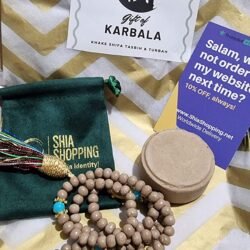 Khake Shifa Tasbih & Turbah Gift Set£20
Khake Shifa Tasbih & Turbah Gift Set£20 -
Product on sale
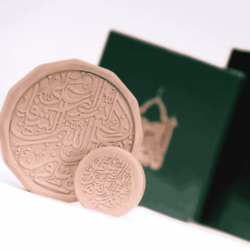 Turbah of KarbalaOriginal price was: £15.£10Current price is: £10.
Turbah of KarbalaOriginal price was: £15.£10Current price is: £10. -
Product on sale
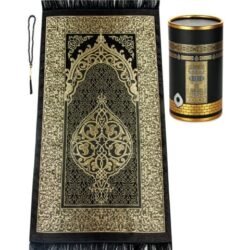 Kaaba Prayer Rug and Tasbeeh Gift SetOriginal price was: £50.£35Current price is: £35.
Kaaba Prayer Rug and Tasbeeh Gift SetOriginal price was: £50.£35Current price is: £35. -
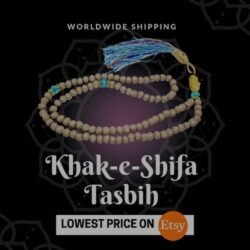 Khak-e-Shifa Tasbih£13
Khak-e-Shifa Tasbih£13
Historical Roots: Emulating the Prophet
The practice of using a specific material, such as clay or mud to the time of the Prophet Muhammad himself. It is believed that the Prophet would sometimes pray on soil from holy sites, including Mecca and Medina. By prostrating on the earth, he exemplified humility and reverence, qualities that Shia Muslims seek to emulate.
Symbolism and Spiritual Significance
Beyond its material composition, the turbah carries symbolic weight within Shia theology. It is regarded as a representation of the purified earth. Particularly the soil from the graves of the Prophet Muhammad and his family members in Medina. This sacred connection imbues the turbah with spiritual significance form mere clay to a conduit for divine proximity during prayers. Shia Muslims establish a tangible link to the Prophet and fostering a sense of spiritual intimacy and reverence.
To read more about Khak-e-Shifa and Turbah, see this page.
Identity and Solidarity
The use of the turbah also serves as a visible marker of Shia identity and solidarity. In regions where Shias the practice becomes assertion of their distinct beliefs within the broader Muslim. Shia Muslims reaffirm their commitment to their heritage, standing united in their devotion to God and the Ahl al-Bayt
-
Product on sale
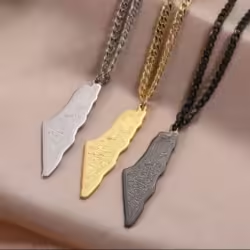 Palestine NecklaceOriginal price was: £50.£25Current price is: £25.
Palestine NecklaceOriginal price was: £50.£25Current price is: £25. -
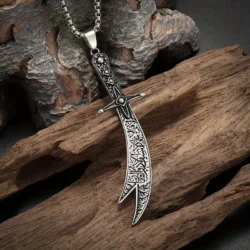 Zulfiqar Pendant Necklace (Rustic Silver)£20
Zulfiqar Pendant Necklace (Rustic Silver)£20 -
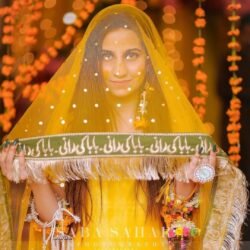 Baba Ki Rani Dupatta | Mehndi MayooN£40
Baba Ki Rani Dupatta | Mehndi MayooN£40 -
Product on sale
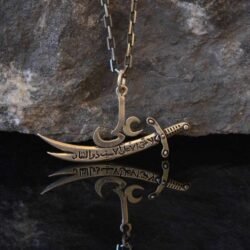 Imam Ali Zulfiqar NecklaceOriginal price was: £50.£30Current price is: £30.
Imam Ali Zulfiqar NecklaceOriginal price was: £50.£30Current price is: £30. -
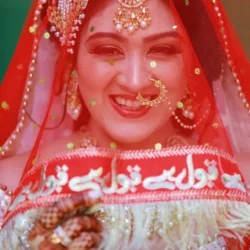 Qabool Hai Dupatta£40
Qabool Hai Dupatta£40 -
Product on sale
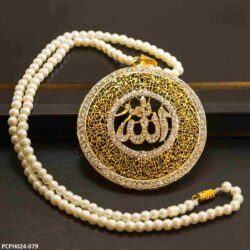 Gold Allah Necklace with PearlsOriginal price was: £100.£70Current price is: £70.
Gold Allah Necklace with PearlsOriginal price was: £100.£70Current price is: £70.
A Remembrance of Karbala
Furthermore, the turbah holds profound significance in commemorating the tragedy of Karbala, a pivotal event in Shia history. The martyrs of Karbala, including Imam Hussein, sacrificed their lives on the dusty plains, symbolizing resistance against tyranny and oppression. The turbah, made from the soil of Karbala. Serves as a tangible link to their courage Shia Muslims to uphold the principles of justice.
The practice of prostrating on the turbah encapsulates the core values of Shia Islam. Humility, reverence, connection to the Prophet Muhammad and his family, and remembrance of historical sacrifices. Through this simple yet profound act, Shia Muslims reaffirm their faith and commitment to their beliefs. Finding solace and strength in their spiritual tradition.
